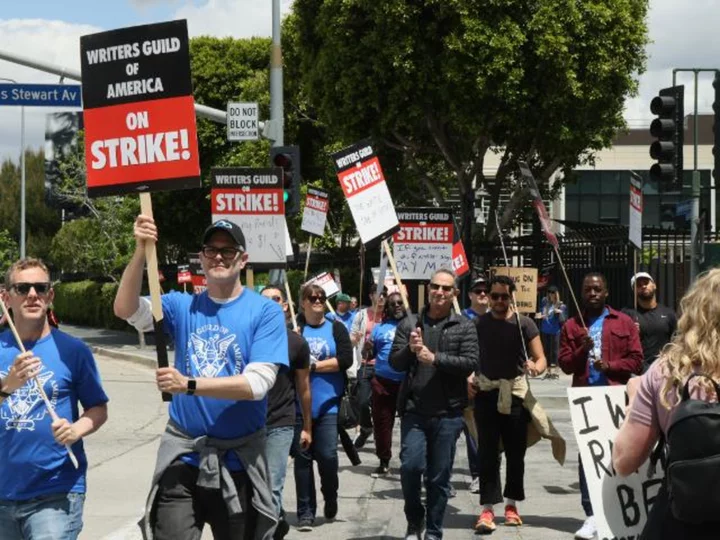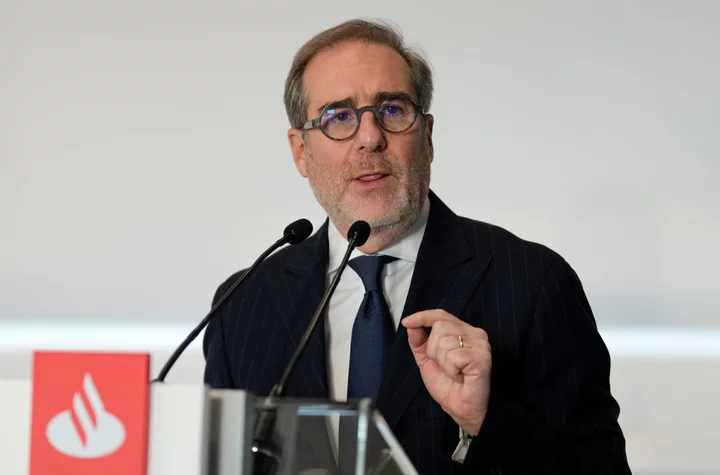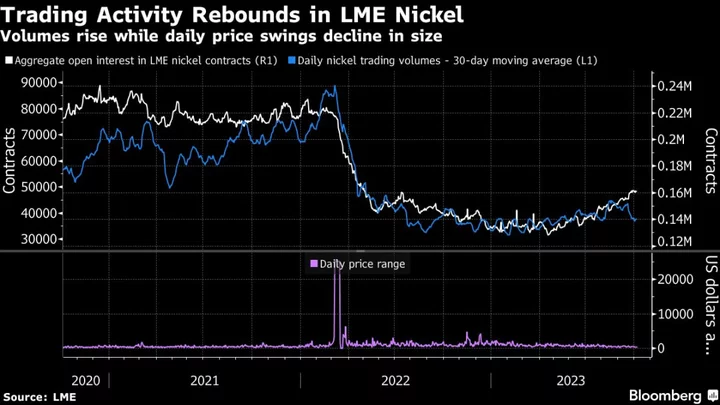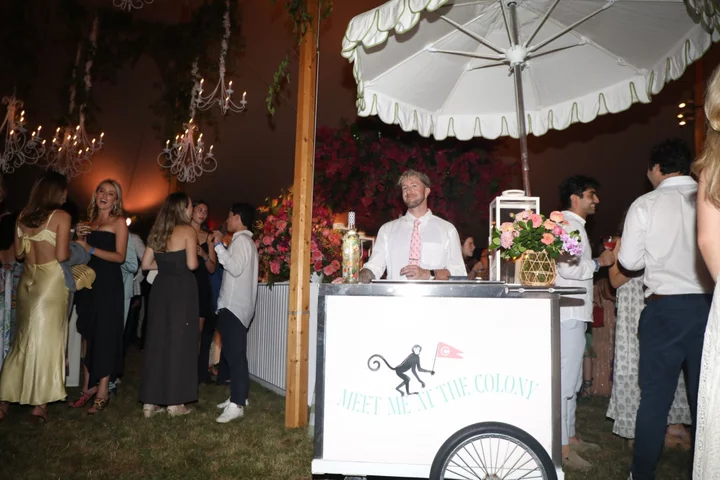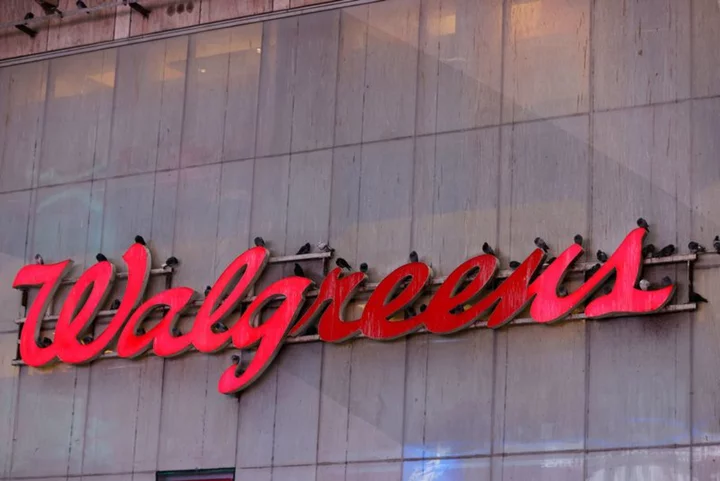When Indiana Jones tells Marion Ravenwood "Trust me" in "Raiders of the Lost Ark," she tries to punch him in the face (again). Writers striking against the major studios have a pretty good idea how she felt. Because when studios say, "Trust us," Hollywood's talent has a long history that explains why they don't.
Among sticking points in the negotiations between the Writers Guild of America and the association representing studios (otherwise known as the AMPTP) is the question of residual payments, and what writers receive for work playing streaming services. The guild has asked for more transparency about streaming data, and to share in success from popular shows, as they have when a TV show ran long enough to sell its reruns into syndication.
More than a week into its first strike in 15 years, the guild representing writers is again worried studios aren't being forthcoming about their profits, a source of acrimony that prompted plenty of lawsuits in the past. And if studios were stingy about dispensing such information before, when there were regular Nielsen ratings to analyze, they've become even more opaque in the age of streaming, seldom providing hard data regarding how many people are watching TV shows and movies.
Journalists, notably, have also been frustrated by the dearth of such information. While Netflix finally began making available guidance on its most popular shows in 2021, streaming services have generally remained reluctant to quantify their performance.
In that respect streaming has merely added new wrinkles to an old problem -- namely, the lack of trust in the talent-studio relationship. That dynamic is summed up by an old joke generally attributed to Mel Brooks, noting that studios have carved the words "The money is here. We dare you to find it" at the entrances to their lots. (CNN parent Warner Bros. Discovery is an AMPTP member.)
In the 1990s, a change in federal regulations cleared the way for studios to own major TV networks (and vice versa), triggering a series of lawsuits over programs like "Home Improvement" and "The X-Files." Those shows were produced by the same company that broadcast them, prompting their creators to fret about sweetheart deals that failed to deliver fair-market value.
Streaming has fueled renewed angst and anger about whether writers are fairly compensated when shows become hits. While the studios provided counter-offers to several of the writers' contract demands, according to the guild questions about streaming residuals were flatly rejected.
As the Hollywood Reporter reported, the WGA has sought viewership-based residuals "to reward programs with greater viewership," according to a document released by the guild. Yet as the trade paper noted, "This would require viewership transparency, something that streamers have proved to be unwilling to provide, even to the stars of shows and movies."
The negotiations come as studios have seen the economics of streaming tested as they spend heavily to attract subscribers. At the same time, more consumers are dropping cable and satellite subscriptions (or "cord cutting"), clouding the future for linear networks.
That disconcerting shift in the studios' business model still doesn't address the issue of talent sharing in streaming hits, and the financial benefits that flow from a show like "Stranger Things" or "Succession."
Speaking to Variety at a charity event, writer-director Judd Apatow summed up the problem, saying, "We have a system now that that does not reward success for a lot of these projects. If you make something and a billion people watch it, you don't make more money than if it was a disaster."
The entertainment business has changed dramatically since the last writers' strike ended in 2008, which preceded Netflix's serious entry into the production game as well as the introduction of streaming services by Apple, Amazon, Disney, and other studios.
In Hollywood labor disputes, there's a tendency to get bogged down fighting the last war. But streaming, and the sense writers, actors and directors aren't receiving everything they're due from it, is really another Hollywood reboot. Like the upcoming Indiana Jones sequel, it's the same guy in new clothes.
Writers still want studios to open up their books, which they have historically been reluctant to do. Or as a former US president who once headed the Screen Actors Guild famously said -- quoting a Russian proverb in regard to US-Soviet relations -- "Trust, but verify."

